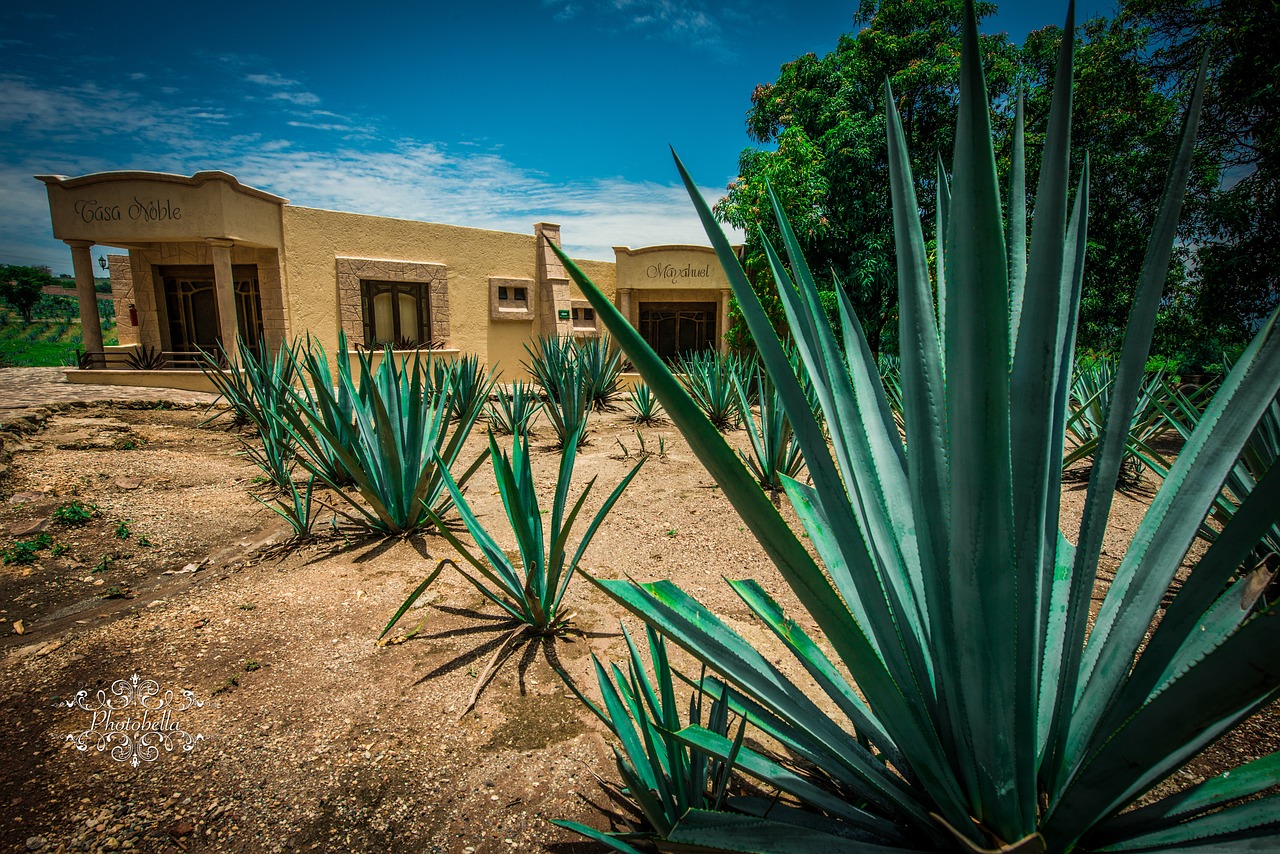Introduction
Mexico is a vibrant country known for its rich culture, beautiful landscapes, and delicious cuisine. If you are planning to work in Mexico, it is essential to understand how to manage your finances and payments effectively. This article will provide you with valuable insights and practical tips to navigate the financial landscape while working in Mexico.
Section 1: Understanding the Mexican Peso
The official currency of Mexico is the Mexican Peso (MXN). It is important to familiarize yourself with the currency and its denominations. The Mexican Peso is available in banknotes of 20, 50, 100, 200, 500, and 1,000 pesos, as well as coins of 1, 2, 5, 10, and 20 pesos.
- 20 pesos: This is the smallest banknote in circulation, equivalent to approximately 1 USD.
- 1,000 pesos: This is the largest banknote in circulation, equivalent to approximately 50 USD.
It is recommended to carry a mix of banknotes and coins for day-to-day transactions, as smaller establishments may not always have sufficient change for larger denominations.
Section 2: Opening a Bank Account
If you plan to work in Mexico for an extended period, opening a bank account is highly recommended. Having a local bank account will allow you to receive your salary, make payments, and manage your finances more efficiently. To open a bank account in Mexico, you will typically need the following documents:
- Proof of Identification: A valid passport or Mexican resident card.
- Proof of Address: Utility bills or a rental agreement in your name.
- Proof of Income: Employment contract or proof of self-employment.
It is advisable to compare different banks and their account offerings to find the one that best suits your needs. Some popular banks in Mexico include Bancomer, Banamex, and Santander.
Section 3: Understanding Taxes in Mexico
When working in Mexico, it is essential to understand the tax obligations and processes. The tax system in Mexico is complex, and it is advisable to consult with a tax professional to ensure compliance. Generally, employees in Mexico are subject to income tax (ISR) and social security contributions.
- Income Tax (ISR): The income tax rate in Mexico ranges from 1.92% to 35% based on income brackets. Your employer will deduct the ISR from your salary each month.
- Social Security Contributions: Both employees and employers are required to contribute to the Mexican social security system (IMSS). The contributions are based on a percentage of your salary.
It is important to keep track of your income and expenses to ensure accurate tax reporting. Consulting with a tax professional will help you navigate the tax system and maximize any applicable deductions or exemptions.
Mexico Image 1:

Section 4: Managing Finances
Managing your finances effectively while working in Mexico will help you stay organized and make the most of your income. Here are some tips:
- Create a Budget: Develop a budget to track your income and expenses. This will help you prioritize your spending and save for future goals.
- Track your Expenses: Keep a record of all your expenses to identify areas where you can cut back and save money.
- Set Financial Goals: Whether it’s saving for a home or planning for retirement, setting financial goals will help you stay focused and motivated.
- Automate Bill Payments: Set up automatic payments for your bills to avoid late fees and ensure timely payments.
- Emergency Fund: Build an emergency fund to cover unexpected expenses and financial emergencies.
By implementing these strategies, you can achieve financial stability and make the most of your income while working in Mexico.
Section 5: Payment Methods in Mexico
In Mexico, various payment methods are widely accepted. Here are some commonly used payment methods:
- Cash: Cash is widely used in Mexico, especially for smaller transactions. Ensure that you always have sufficient cash on hand.
- Debit Cards: Debit cards issued by Mexican banks are widely accepted at most establishments. They offer convenience and security.
- Credit Cards: International credit cards are accepted at many establishments in Mexico. However, it is advisable to inform your credit card company about your travel plans to avoid any issues.
- Mobile Payment Apps: Mobile payment apps such as PayPal and Mercado Pago are gaining popularity in Mexico. These apps allow you to make payments and transfer money digitally.
It is always a good idea to carry a mix of payment methods to ensure you have options in different situations.
Section 6: Exchanging Currency
If you need to exchange currency while in Mexico, it is advisable to do so at authorized exchange offices or banks. Here are some tips for exchanging currency:
- Avoid Exchanging at Airports: Exchange rates at airports are typically less favorable compared to other locations. It is better to exchange currency at local banks or exchange offices.
- Compare Exchange Rates: Before exchanging currency, compare rates at different locations to get the best deal.
- Be Cautious of Street Exchanges: Street exchanges may offer attractive rates, but there is a higher risk of counterfeit currency or scams. Stick to authorized exchange offices for safety.
Always keep your exchanged currency in a secure place and be mindful of your surroundings when conducting currency exchanges.
Mexico Image 2:

Section 7: Tax Filing in Mexico
If you are working in Mexico, you will need to file an annual tax return. Here are the key steps for tax filing:
- Obtain RFC: Register for a tax identification number (RFC) with the Mexican tax authorities (SAT).
- Gather Required Documents: Collect all necessary documents, including income statements, expense receipts, and any applicable deductions or exemptions.
- Complete the Tax Return: Fill out the tax return form accurately, reporting all income and deductions.
- Submit the Return: File your tax return online or in person at a tax office before the deadline, which is typically in April.
- Pay Any Additional Taxes: If you owe additional taxes, make the payment by the deadline to avoid penalties and interest.
It is advisable to seek assistance from a tax professional or use tax filing software to ensure accurate and timely filing.
Section 8: Banking Fees and Charges
When choosing a bank in Mexico, it is important to familiarize yourself with the fees and charges associated with various services. Here are some common fees to be aware of:
- Account Maintenance Fee: Some banks charge a monthly fee for maintaining a bank account. Compare different banks to find one with reasonable or waived fees.
- ATM Withdrawal Fees: Using ATMs from other banks may incur withdrawal fees. Look for banks with a wide network of ATMs to avoid excessive fees.
- International Transaction Fees: If you plan to use your debit or credit card for international transactions, be aware of any additional fees imposed by your bank.
- Overdraft Fees: If you overdraw your account, banks may charge fees. It is important to monitor your account balance to avoid overdrafts.
Reading the terms and conditions of your chosen bank and understanding the associated fees will help you make informed decisions and minimize unnecessary charges.
Section 9: Insurance Coverage
When working in Mexico, it is advisable to have adequate insurance coverage to protect yourself and your belongings. Here are some types of insurance to consider:
- Health Insurance: Ensure you have comprehensive health insurance that covers medical expenses in Mexico. If your employer provides health insurance, understand the coverage and any additional costs.
- Property Insurance: If you have valuable belongings, consider getting property insurance to protect against theft, damage, or loss.
- Liability Insurance: Liability insurance can provide coverage in case of accidents or damage caused to others.
It is important to review and understand the terms and coverage of any insurance policy you choose to ensure it meets your needs while working in Mexico.
Mexico Image 3:

Section 10: Financial Planning for the Future
While working in Mexico, it is important to plan for your future financial goals. Here are some key aspects to consider:
- Retirement Planning: Start saving for retirement early by contributing to a retirement account or pension plan. Consult with a financial advisor to determine the best approach.
- Investments: Explore investment opportunities that align with your risk tolerance and long-term financial goals.
- Estate Planning: Consider creating a will or establishing an estate plan to ensure your assets are distributed according to your wishes.
By incorporating these elements into your financial planning, you can work towards a secure and prosperous future.
Section 11: Financial Resources in Mexico
When working in Mexico, it is helpful to be aware of the financial resources available to you. Here are some resources you can utilize:
- Financial Advisors: Consult with a professional financial advisor who can provide personalized guidance and help you achieve your financial goals.
- Online Banking: Many Mexican banks offer online banking services, allowing you to manage your finances conveniently from anywhere.
- Government Agencies: The Mexican government provides resources and information on financial matters through agencies such as the National Banking and Securities Commission (CNBV) and the Tax Administration Service (SAT).
Take advantage of these resources to enhance your financial knowledge and make informed decisions.
Conclusion
Managing finances and payments while working in Mexico requires understanding the local currency, opening a bank account, complying with tax obligations, and adopting effective financial management strategies. By familiarizing yourself with the financial landscape and utilizing the available resources, you can navigate the financial aspects of your work in Mexico with confidence.
References
- bancomer.com.mx
- banamex.com.mx
- santander.com.mx
- sat.gob.mx
- cnbv.gob.mx


